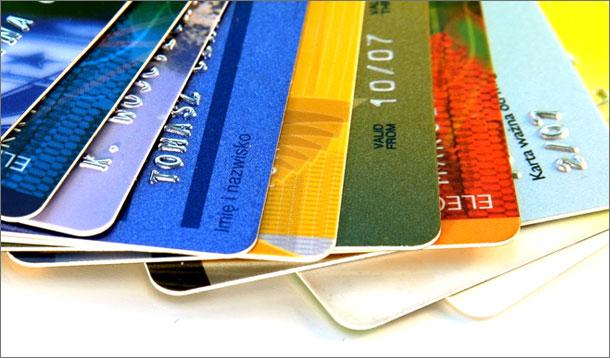
Whether you are applying for your first credit card or you are looking for a new one, you should never simply go with the first credit card company you find. Instead, there are several things that you should look at for each credit card company to help you compare and find the best one to fit your spending habits and your budget. Check out the following tips on what to look for when signing up for a new credit card. There are a lot of credit card glossary available out there for any terms you may not understand.![]() Type of Card
Type of Card
The first thing you should look at is the type of card you want and what kind you are looking at. For example, there are cards that are only for students to help them build their credit, there are rewards cards, and there are regular credit cards. It is always important to know what type of card you are getting and what types of perks come with that credit card. In addition, make sure to get a card that is widely accepted across the country.![]() Fees
Fees
There are always fees associated with credit cards, and if you don't check what types of fees your card carries, you could end up paying a lot more money than you plan to. First, you should look at the annual fee. Some cards carry a fee just for having the account, but there are many cards that have no annual fee. Try to find one that doesn't charge you for having the account. You should also look at any other fees that the card might have. For example, if you miss a payment, you almost always have to pay a late fee. Check how much each card's late fee is to help you make a good decision on which one to go with. Many other types of fees can accompany cards, so you should always do your research into what types of fees you could be paying. Some cards charge for transactions, transfers, or going over your credit limit. Stay away from cards with high fees or extra fees that other cards don't charge.![]() Interest Rates
Interest Rates
Next, consider interest rates. After you make a payment with your credit card, you may be charged a percentage of that transaction if you don't pay off your bill in a certain amount of time. Lower interest rates mean less money that you have to pay in fees if you miss a payment. Even if you are very good at paying off your credit card bill, there may be times where you forget about a payment or simply can't pay it, so always try to find a card with low-interest rates.![]() Grace Period
Grace Period
The grace period that your card features is an important part of your interest rates. This is the time that you have to make a payment before interest starts to accumulate. Some cards don't have a grace period, meaning that you could start paying more for your transaction immediately after you make it. Other cards, however, give users up to a month to pay off their balances before they start acquiring interest. Try to look for cards with a longer grace period so that you have more time to pay off your balance.![]() Credit Limit
Credit Limit
Another thing to look for in your credit card is the credit limit that it allows you. This is the amount of money that your credit card company will let you spend during a given amount of time. If you often use your credit card to spend more than or close to the available credit limit, look toward going with a different card. The closer you get to your credit limit, the more chance you have a damaging your credit score, and when you reach your credit limit, you could face more fees. Look for a card with a credit limit over what you would usually spend so that you don't risk maxing out your cards.![]() Introductory Rate
Introductory Rate
Another thing that some credit card companies may have is an introductory rate, which is a good thing to look for. An introductory rate is a special incentive for new users to sign up for the card where interest rates are lower for a specific amount of time. Some cards offer zero percent interest for up to twelve months for new users, so it can be beneficial for helping you save money while getting used to your credit card. Look for cards that offer these lower introductory rates.![]() Rewards or Incentives
Rewards or Incentives
You should also be looking for any rewards or incentives that each card offers. For example, some cards offer cash back on certain purchases, rewards points, and other types of rewards such as discounts on purchases. You can also find cards that have many other benefits such as travel insurance, identity theft insurance, and purchase protection. Try to find a card that has the benefits that you will use based on your personal situation.